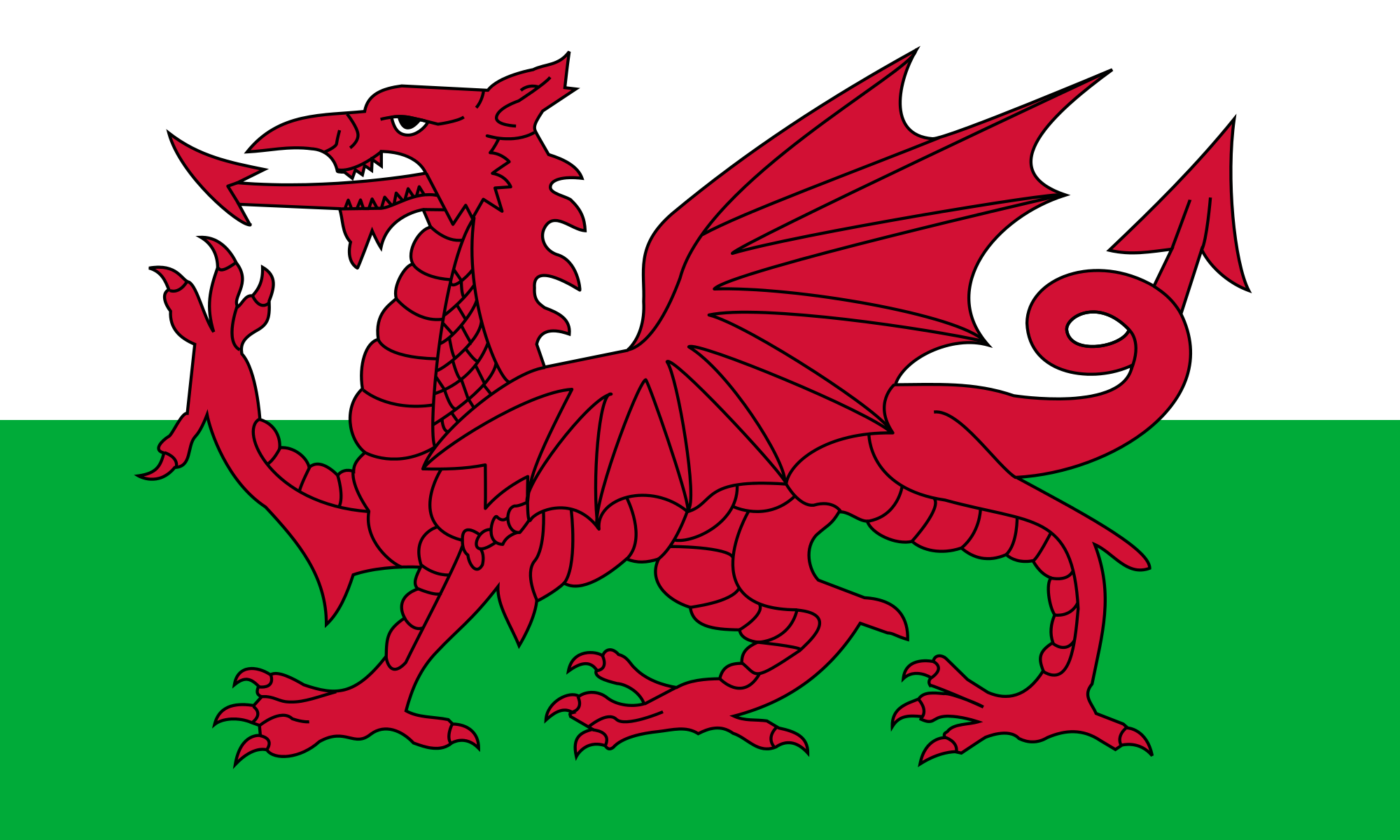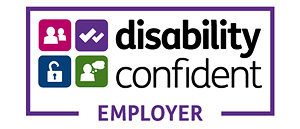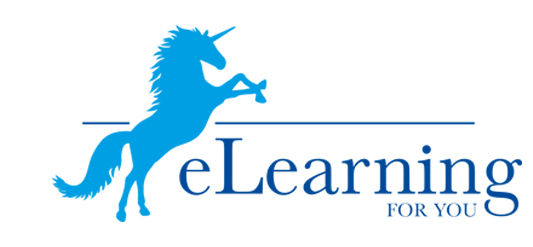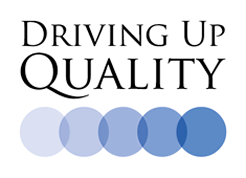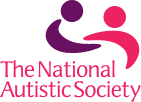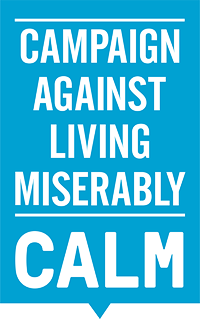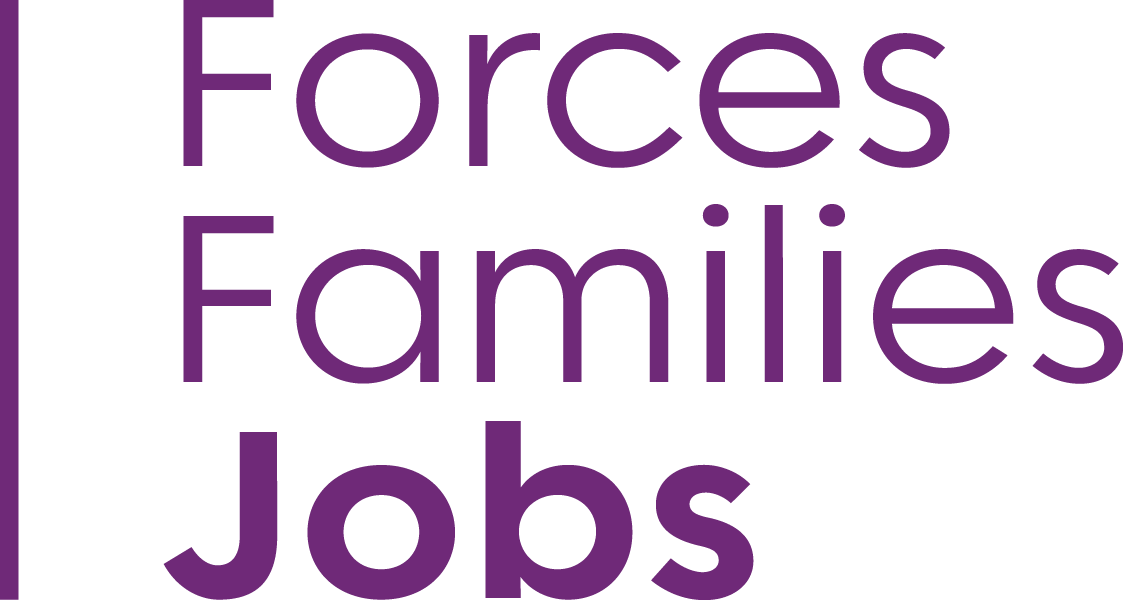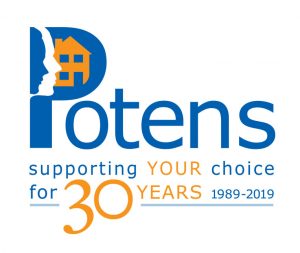Research shows that Korsakoff’s syndrome can occur in many dependent drinkers, yet the condition is rarely acknowledged and understood. Here Potens’ Area Manager for North Wales, Glenn Barnett, explains the syndrome, which causes severe memory disorder, and shares a new specialist model to support those affected to help them back to community living.
Korsakoff’s syndrome belongs in a spectrum of disorders categorised as alcohol-related brain damage (ARBD). It is a severe memory disorder associated with excessive, long-term alcohol misuse, and results in the loss of specific brain functions due to the lack of vitamin B1 or thiamine. Post-mortem studies suggest that Korsakoff’s occurs in about 2 per cent of the population and 12.5 per cent of dependent drinkers.
Finding community support for individuals’ specific needs, especially for younger adults, is a real challenge as there is limited specialist provision available across the UK. The Arbennig Unit – part of Queen’s Court Residential Service in Conwy and run by care provider Potens – was set up in 2002 to support younger adults with alcohol-acquired brain injuries within an appropriate and responsive environment.
Our aim was to provide people with Korsakoff’s opportunities for choice and independence – with the focus being on what the individual could do, rather than what they could not do.What we quickly realised was that to provide the consistent and predictable support required, we would need to develop a bespoke support model.
A trawl of available literature did not give us what we needed, so we developed the Arbennig clinical support model based on the idea that rehabilitation should aim towards a structured, alcohol-free life. So abstinence became the cornerstone of our model.
Based on empirical observation, there is a high probability that Korsakoff’s sufferers’ lifestyles have been chaotic, with little, if any, of the social support networks that people would take for granted from friends and family. In response to this, Potens’ support model looks at involvement of professionals, but does not underestimate the importance of family and friends – in circumstances where these relationships have either not been damaged or can be restored.
The health needs of Korsakoff’s sufferers have often been compromised by poor diet. In addition we have come to understand that underlying mental health issues often become more pronounced after a period of abstinence. So we work in collaboration with a wide variety of health professionals to promote improvements and positive outcomes in both physical and mental health.
Read the full article here:
